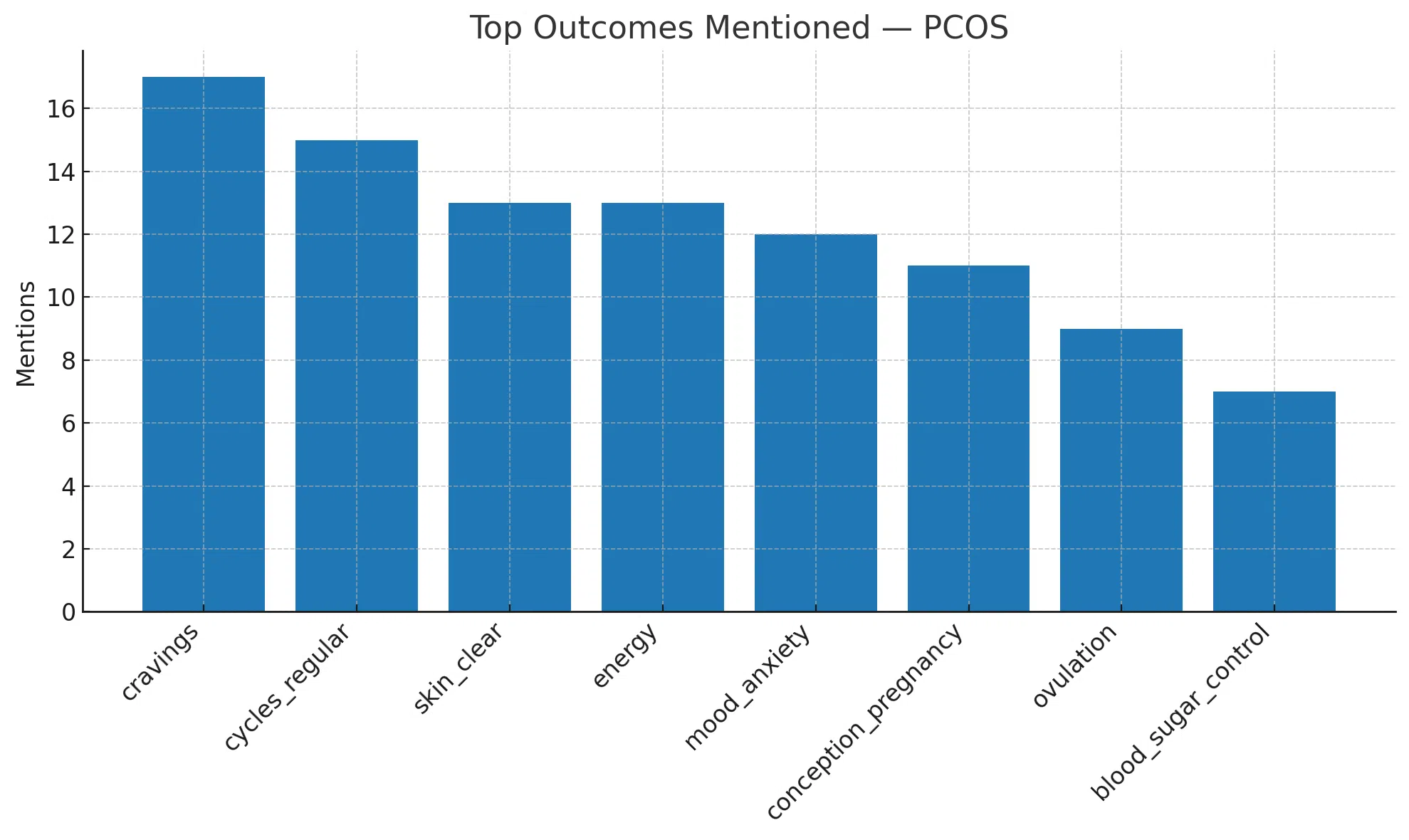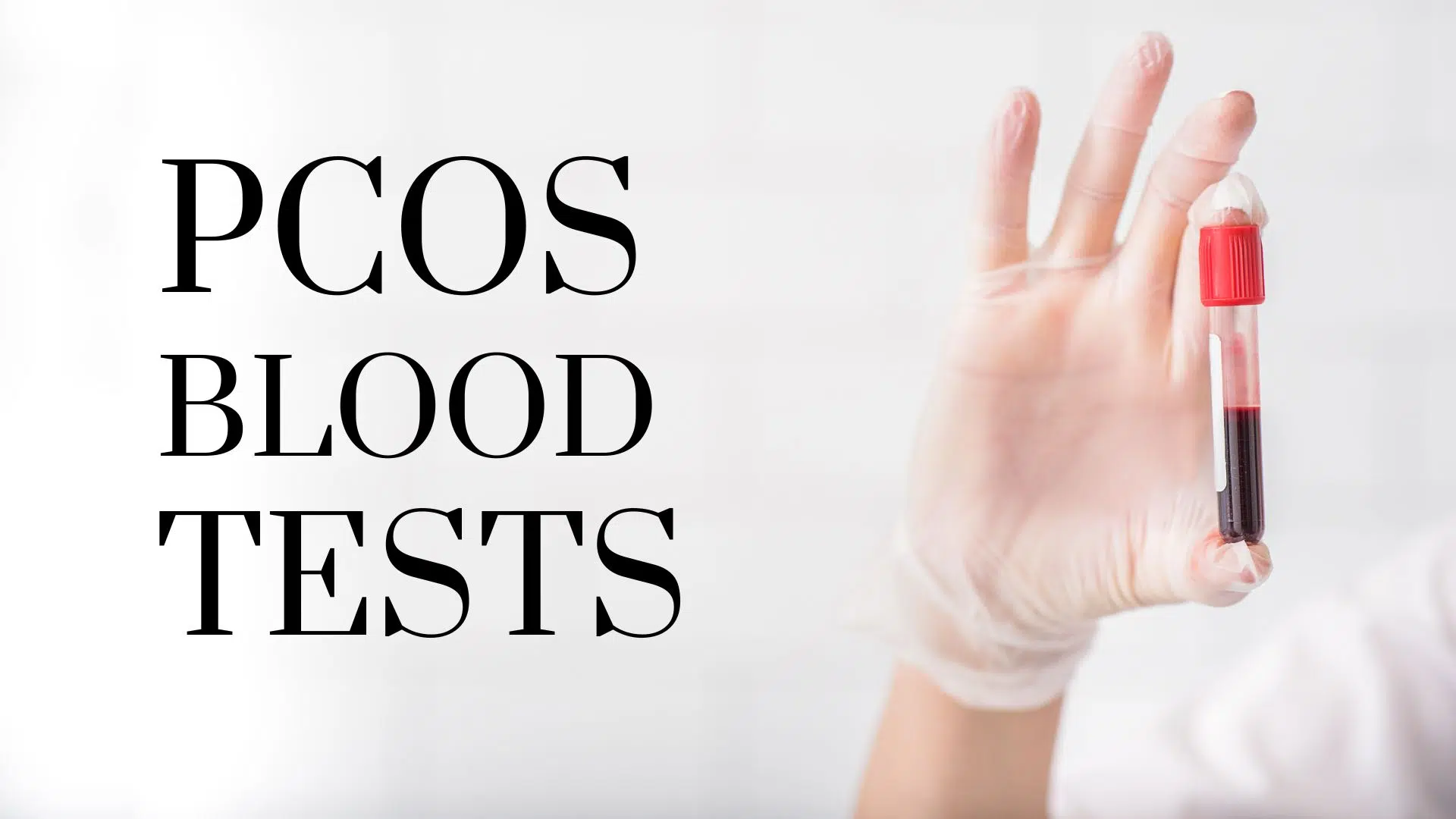
PCOS is a disorder that affects a lot of women all around the world. As a matter of fact, the US Department of Health and Human Services claim that between 5 to 10% of the women of childbearing age suffer from PCOS. But before we get too carried away with the statistics, let us first try to figure out what PCOS is and how Inositol can help out people with PCOS.
What Are The Symptoms of PCOS?
If you are suffering from PCOS or polycystic ovary syndrome you may be experiencing two or more of these reported symptoms.
The Rotterdam PCOS diagnostic criteria in adults considers the presence of:
- Polycystic Ovaries
- Irregular or no periods
- Hyperandrogenism
- Hair loss on the scalp
- Oily skin and acne
- Facial hair growth
- Weight gain
- Fatigue
- Depression or Anxiety
What is PCOS?
Simply put, PCOS is a condition wherein a woman’s important hormones oestrogen and progesterone are out of balance. This results in ovarian cysts (benign growth in the ovaries). PCOS affects a woman’s appearance, cardiac function, fertility, and menstrual cycle.
To date, the reason behind PCOS is still unknown. Doctors believe that the hormonal imbalance and genetics have a role to play in PCOS. While not exactly hereditary, women are more likely to develop PCOS if their mother or sister is also a PCOS sufferer. Another possible culprit is the overproduction of androgen (the male sex hormone) in the body.
There’s still no definitive test for PCOS to this day. Diagnosing PCOS is hard. A complete test including a review of the medical history, a battery of tests, and a physical and pelvic examination.

Currently, the treatment for PCOS is not curative in nature. Usually, treatment is given as a means to control or manage the symptoms. Also, there is no “catch-all” treatment because it varies from woman to woman. The most common treatment for PCOS is Inositol.
Infertility
Firstly, let’s start with infertility. According to the Mayo Clinic, PCOS is the leading cause of infertility in women. In a 2003 study published in the European Review for Medical and Pharmacological Sciences, women who took Inositol supplements began to have normal ovulation sooner and with higher frequency than those who didn’t.
A separate study in 2010 showed how 4g of Inositol with 400mg of Folic Acid is more effective in stimulating spontaneous ovulation and pregnancy than metformin. Metformin is a diabetes drug that addresses insulin resistance. This is a common problem for PCOS sufferers and is linked to infertility.

Acne & Hair Growth From Rising Androgen Levels
Next, Inositol can help women suffering from PCOS address the rising androgen levels. The high androgen levels result in excessive hair growth and acne. In a 2009 study, researchers tested the effect of inositol plus folic acid or just folic acid on the conditions of people suffering from PCOS including increased testosterone levels. Women taking Inositol had their testosterone levels drop significantly.
Metabolic syndrome

Finally, Inositol helps address metabolic syndrome. One can say that a metabolic syndrome is a group of conditions that may increase a PCOS sufferers chances of heart disease, diabetes, and stroke. Various studies have shown how Inositol supplements can lower triglycerides and blood pressure with increased insulin sensitivity. One study even reported increased levels of good cholesterol in their test subjects and weight loss after Inositol supplementation.
While there are still no concrete studies showing how Inositol can directly cure PCOS, the fact that it can help address some of the symptoms PCOS can bring is great news for PCOS sufferers. Talk to your doctor today about Inositol PCOS and ask whether it is possible to add the supplement to your daily intake.
So we hope this article helps you understand a bit more about Inositol PCOS. If you are interested in using inositol pcos or have further questions feel free to contact us.
What is Inositol?
Contrary to what some websites say, Inositol is a pseudovitamin. This means it is not a B Vitamin (usually called Vitamin B8) as claimed. It is found naturally in plants and animals. Our healthy bodies produce it naturally. Inositol is a carbohydrate that has a sweet taste. It is used in various dietary supplements and is often call Myo Inositol. Myo inositol is important in the structure of eukaryotic cells and secondary messengers.
Inositol PCOS
Inositol is not a cure for PCOS. It just addresses certain symptoms of the condition. There is no real conclusion whether Inositol can actually help cure or alleviate the symptoms of PCOS but various studies and research show that it has promise. Aside from that, Inositol is a safe supplement. It is best to talk to your GP or health professional first before taking Inositol.
So what aspects of PCOS can Inositol help?
References:
Inositol Treatment and ART Outcomes in Women with PCOS
Diagnosis of Polycystic Ovarian Syndrome: The Rotterdam Criteria Are


